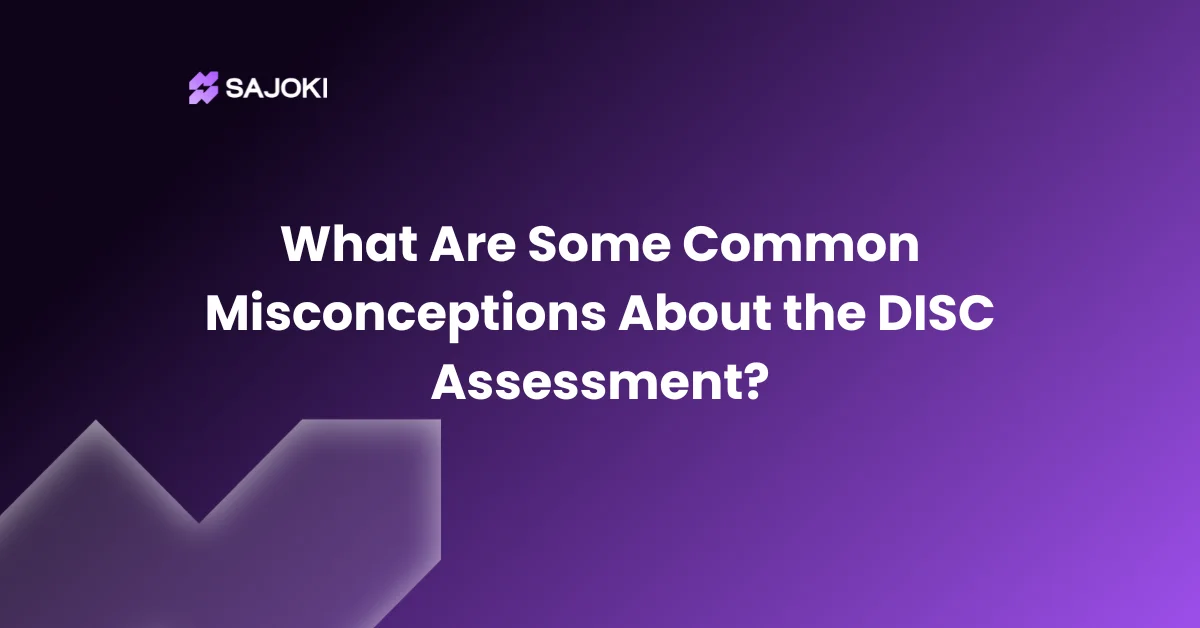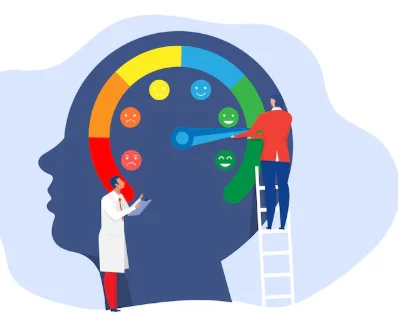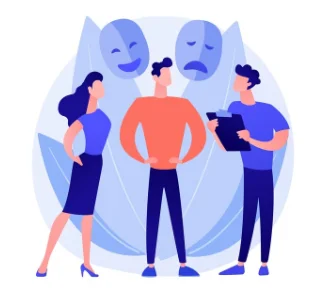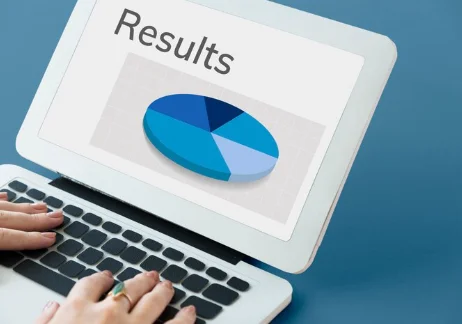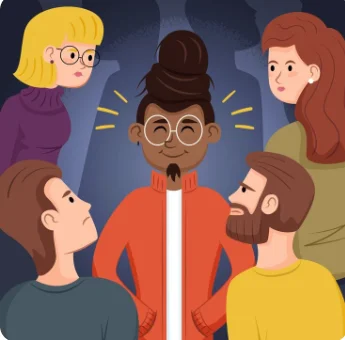Personality assessments have become more and more popular in both private and professional settings. Among them, the DISC test is renowned for being behavioral-based. Though extensively used, it is still not well understood by the majority of individuals and organizations.
So, what are some of the most common misconceptions about the DISC assessment?
The most common misconceptions include thinking it is a test of personality, thinking it will measure success, thinking people can be just one type, or that results are absolute. These myths diminish the level of value the tool can offer.
If you work for DISC or are going to utilize it for your office or career development journey, you can read this. In this blog, we are going to bust the most prevalent myths and give you accurate information about what DISC really does.
Why Misconceptions About DISC Matter
Abuse of DISC leads to poor hiring, training, and relationship choices. Misconceptions turn an effective tool into a limiting label. Understanding its true intention enhances performance.
To place the significance of accuracy in context, examine the following impacts of misconceptions:
- Poor Hiring Decisions – Since DISC is misused to predict success, companies may recruit on style but not on skill or fit.
- Ineffective Training Plans – Convinced that behaviour is hard-wired, one may end up doing generic or irrelevant training, decreasing the motivation of the employees.
- Challenged Team Relationships – Sterotyping people into a single style inhibits teamwork and cross-cultural communication across diverse teams.
- Forgotten Developmental Hopes – Assuming that styles cannot be changed discourages growth and self-change over time.
- Loss of Trust in Diagnostics – Misconceptions make workers cynical, turning a useful tool into something to be feared.
DISC is meant to open minds and build relationships not lock individuals into boxes. Once the myths are broken, the model can facilitate positive change and moral application.
10 Common Misconceptions About the DISC Assessment
Let’s dive into the most common misconceptions about DISC and why they are actually true. Each of these covers how the tool is misunderstood at times.
1. DISC Is a Personality Test
As most believe, DISC is not a measure of personality. DISC rather measures behavior, not intrinsic values or traits. It tells you how someone behaves, not who they are as a person.
While personality and behavior are connected, they are not the same. DISC addresses the observable action and response, especially in a professional environment.
2. People Fit Into Only One Style
It is not the case that a person is merely one letter D, I, S, or C. In fact, people demonstrate all four styles. The DISC report will normally present a primary and secondary style.
This combination creates depth and makes the result more flexible. For example, one can be high-D and high-I, being assertive yet sociable.
3. DISC Results Never Change
The second misconception is that DISC styles never change. While they are very consistent, they can differ based on context or experience. Behavior is determined by environment and roles.
People change. A cool person may become assertive in the workplace. DISC is a reflection of behavior, and behavior can be changed.
4. One Style Is Better Than the Others
No one DISC style is better than the others. All styles have their strengths and weaknesses. Assuming superiority creates isolation and limits collaboration.
For example, Dominants seize power rapidly. Steadies provide stability. Both work differently but to the same standards.
5. DISC Predicts Job Success
DISC is not a crystal ball. It doesn’t reveal who will be a success. It reveals behavioral tendencies, but not skill ability or intelligence.
Never base a hiring decision on DISC scores alone. Use it instead to get a sense of how someone may react to job requirements or team interaction.
6. DISC Labels People
Some have said that DISC creates permanent labels. But it’s a flexible model. It shows tendencies, not identities. People can respond in ways outside their primary style.
Labeling hinders growth. DISC is best used to foster awareness and flexibility, not restriction.
7. DISC Is Only for Managers or Leaders
Although often used in leadership training, DISC is good for everyone. From employees to HR professionals, understanding DISC improves communication and collaboration.
Every role is assisted by being aware of behavior. It contributes to more effortless working and better morale between divisions.
8. DISC Doesn’t Work in Diverse Cultures
One of the largest myths concerning utilizing the DISC test is that it is not adaptable across cultures. Warnings are given regarding certain tests being biased, however, DISC has been used effectively worldwide.
9. You Can “Fail” a DISC Test
Anxieties concerning DISC results. There are no incorrect or correct responses. It’s not a pass/fail assessment.
Instead, it’s a way of gauging the way you prefer to behave. Each profile contains strengths that are invaluable if you know how to use them.
10. DISC Is All You Need for Hiring or Coaching
DISC is robust but ought not be solely employed. For to overlook everything else – ability, experience, emotional intelligence is to be short-sighted.
Employ DISC in conjunction with interviews, referees, or tools like SAJOKI that offer multi-dimensional insights. That’s the way you colour in the entire picture.
Real-Life Impacts of These Misconceptions
Misconceptions about DISC influence reception and use of outcomes. They can make users feel trapped or misunderstood. Nevertheless, they can make individuals make poor choices.
Workers will ignore tests with a judgmental tone. Managers can utilize them to bias decisions. The result is distrust and lost potential.
Discerning usage of DISC makes it more palatable. Teams communicate better when they realize behavior is not fate but direction. Knowing in the right way encourages advancement.
Where DISC Is Most Useful
DISC is applicable in various environments. All allow it to shine when utilized sensibly and with full understanding.
- In team workshops for reducing tension and promoting understanding.
- In onboarding programs for customizing training for learning style.
- In conflict resolution by uncovering stress behaviors and triggers.
- In leadership coaching to customize communication and delegation.
- In recruitment when combined with interviews and technical testing.
Previous Content Relevance:
https://sajoki.com/what-does-a-disc-assessment-tell-you/
https://sajoki.com/what-does-the-disc-assessment-measure/
Frequently Asked Questions
Is DISC useful in different situations?
Yes, but it’s behavior in context. People can change in different roles or environments.
Can DISC replace job interviews?
No. DISC complements interviews, not replaces them.
How often should DISC be re-taken?
Every 1-2 years or with major changes in life or career.
Can DISC be used for team building?
Yes. It’s great for observing how people play off each other and get along.
Are online DISC tests valid?
If they are administered through validated means, they are. Look for science and transparency support.
Conclusion
And so, what are some of the most common misconceptions about the DISC test? Most think that it is a fixed label, a test of personality, or a predictor of success. But in fact, DISC is a dynamic, behavioral approach to increased insight and communication.
Utilized wisely and correctly interpreted, DISC generates empathy, cooperation, and awareness. With responsible tools such as SAJOKI to offer, such widespread myths about the DISC test can finally be dispensed with.
